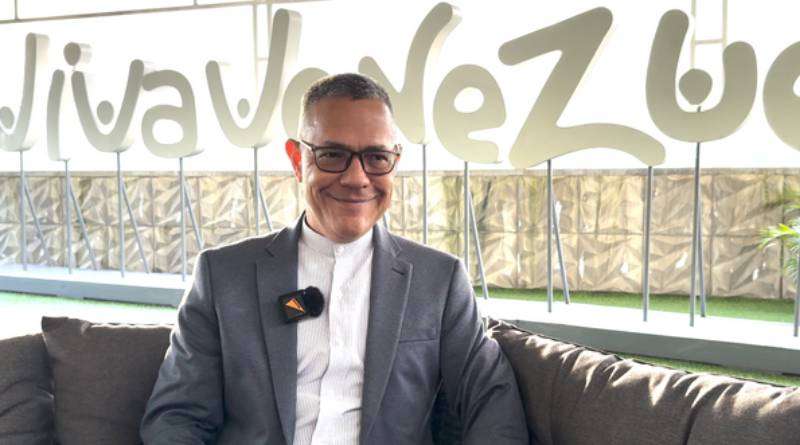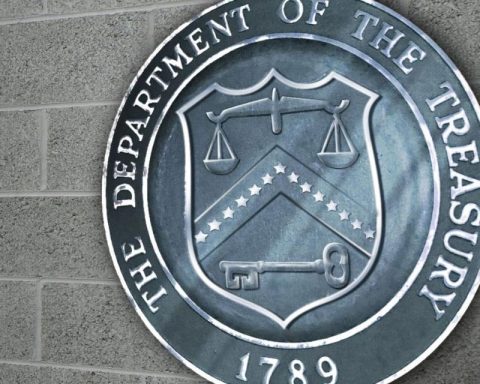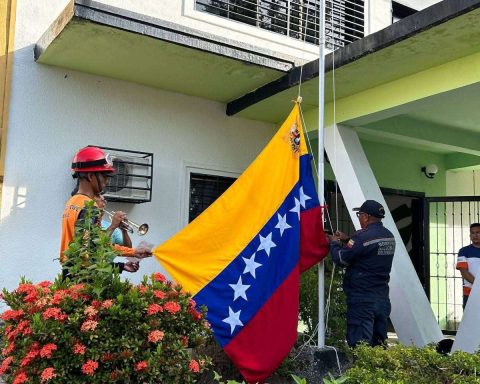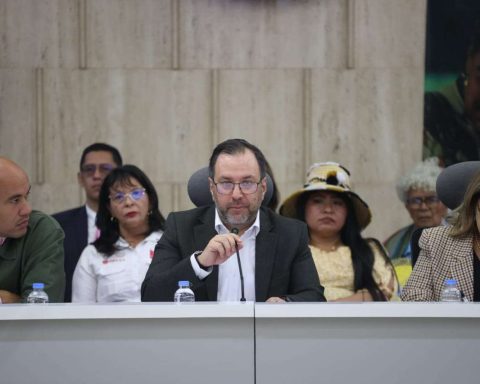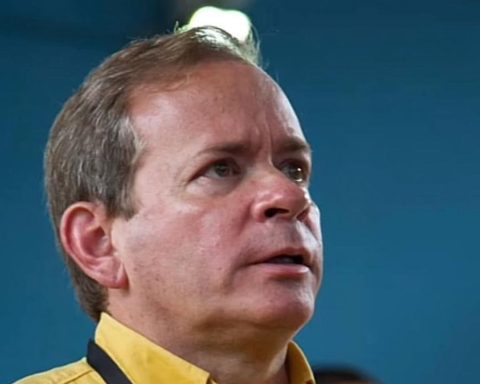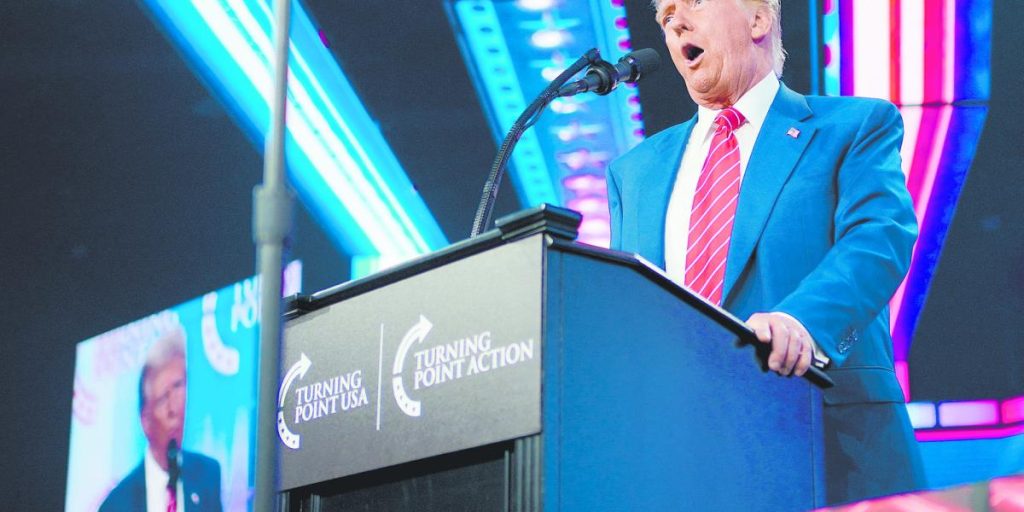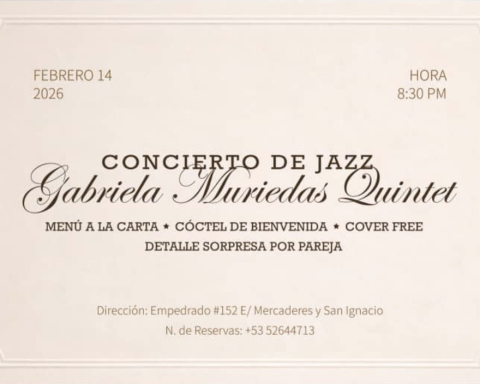The Minister of Popular Power for Culture, Ernesto Villegas, stated that “a deliberate attack, framed in a hybrid war strategy,” is underway in Venezuela to undermine the fundamental values of the Nation, this in the face of a media campaign to the detriment of women. of the country, during an interview with a Russian media outlet, Sputnik.
Villegas highlighted that the complaint made by the president of the Bolivarian Republic of Venezuela, Nicolás Maduro, is a “correct diagnosis” of a strategy that seeks to erode the national cohesion and cultural identity of the country. A plan that has sought to “undermine, weaken the Venezuelan cultural identity, the national cohesion that emerges from it in order, according to those who pull the strings, to be able to subdue the self-esteem and the vocation for a common destiny among Venezuelan men and women.”
He contextualized the phenomenon within a broader scheme of cultural attack and pointed out that an attempt is being made to build one “for Venezuela”, a concept that explains the devirtualization of the essence of what is Venezuelan. «The aim is to create a kind of parallel nation-state. The philosopher Miguel Ángel Pérez Pirela has described it well in a masterful article that I recommend, where he talks about Para-Venezuela. A kind of ignorance of real, concrete, everyday Venezuela,” he indicated.
Likewise, he asserted that “there is anti-Venezuelanism disguised as anti-Chavismo. It is very important because a part of anti-Chavismo, I am not saying all of it, because I know people who do not necessarily share our political position and who love Venezuela and love Venezuelanness, they even contribute to it from the arts, from different disciplines of human endeavor. But there is an anti-Chavismo that hides a very neocolonial anti-Venezuelanism, very, in quotes, ‘globalist’, which puts foreign interests, particularly foreign powers, the United States, the decadent Europe, above national interests. he detailed.
The Venezuelan woman, in the center
One of the central points of the conversation was the role of Venezuelan women as a symbol of cultural resistance and social cohesion. Villegas emphasized that they are the backbone of national identity, not only for their role in the construction of society, but also as guardians of ancestral knowledge.
«The Venezuelan woman, not only for her daily role in the construction of our society, not only for the role of our heroines in the different historical processes that she has lived through, but the Venezuelan woman is the one who carries forward as custodian and recipient of ancestral knowledge,” he declared.
The minister described the use of the derogatory term ‘Veneca’ as “dangerous”, since it dehumanizes and objectifies Venezuelan women. “Reducing female Venezuelanity to the term ‘Veneca’ is contributing to that deformed vision of our people in which women only have a decorative role and even a sexual object,” he said.
For Villegas, the defense of Venezuelan women is part of the fight to preserve the country’s cultural identity. “The president is coming out in defense not only of women individually considered, but he is coming out in defense of our cultural identity, of the cement that unites us as a nation,” she said.
Comprehensive cultural response
The minister highlighted that the National Government has designed a comprehensive strategy to counter cultural attacks through the “Great Mission Viva Venezuela, my Beloved Homeland”, a program that includes eight vertices aimed at the rescue and promotion of Venezuelan cultural identity, with a special focus on women. “It is the fundamental policy of the Government of President Nicolás Maduro Moros, precisely for that, to enhance and value our identity roots,” explained Villegas.
The role of women within this mission is fundamental. “The Venezuelan woman is the backbone of Venezuelanness,” Villegas reiterated. He also added that the attacks against the female demonym seek to attack this essential aspect of national identity and reflected on xenophobia towards Venezuelans in the region, pointing out that this is part of a broader agenda of cultural stigmatization.
“The hatred or phobia of Venezuelans even comes from the Colony,” Villegas recalled, highlighting that these campaigns seek to divide and weaken the Venezuelan nation in the regional context. Villegas stressed that culture is a key tool for resistance and strengthening national identity. “As long as there are productions that denigrate Venezuelans, there will be voices of the Bolivarian Revolution that will come forward,” he stated. The official reported that his office is holding a national poetry contest dedicated to the exaltation of the Venezuelan female figure.
Cultural heritages in dispute
The minister also addressed the issue of cultural appropriation, highlighting that fundamental symbols of Venezuela, such as the arepa and the casabe, are the subject of international cultural disputes. In this regard, he stressed that this phenomenon is not accidental, but part of a strategy to weaken the sense of belonging of Venezuelans towards their culture. “To ignore that the term ‘arepa’ comes from eastern Venezuela, from the Cumanagoto indigenous people, is to ignore the very existence of Venezuela as a national project,” he stated.
«In the case of the arepa, it is a food that is much more than a food, whose name even comes from eastern Venezuela, it is the Cumanagoto indigenous people, who give the term aripo, both to the budare, to the metal plate in the arepa is prepared, as well as the arepa itself,” explained the minister.
The process of defense of these cultural elements is underway in international organizations such as UNESCO, where Venezuela has presented files for the recognition of the arepa and the casabe as cultural heritage of humanity. «The technicians of this organization will evaluate the request made by Venezuela and must proceed to the registration of the Venezuelan arepa in the lists of the material heritage of humanity, (…) as well as the casabe, whose multinational file was promoted in conjunction with other countries from Latin America, the Dominican Republic, Cuba, Haiti and Honduras,” Villegas concluded.
